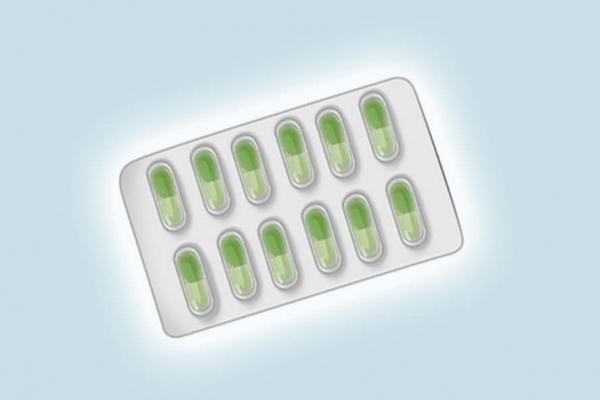Is ampicillin a cephalosporin?
Ampicillin is commonly available in capsule and injectable forms. Generally speaking, ampicillin is not a cephalosporin but rather a penicillin-class antibiotic. If you have any questions about medication use, it is recommended to consult a doctor or pharmacist promptly. The detailed analysis is as follows:

Ampicillin belongs to the penicillin class of antibiotics rather than the cephalosporins, primarily because of fundamental differences in their chemical structures and mechanisms of action. Ampicillin contains the characteristic penicillin core structure and exerts its antibacterial effect by inhibiting bacterial cell wall synthesis. It is active against Gram-positive bacteria and some Gram-negative bacteria. Clinically, potential allergic reactions common to penicillins must be carefully monitored. In contrast, cephalosporins possess a distinct cephem core structure. Although their mechanism of action is similar to that of penicillins, the structural differences result in variations in antimicrobial spectrum, stability against β-lactamases, and patterns of allergic reactions. Therefore, ampicillin does not fall within the cephalosporin category.
Prior to using ampicillin, it is essential to confirm whether there is a history of penicillin allergy; individuals with such a history must not use this drug. If allergic symptoms such as rash, itching, or difficulty breathing occur during treatment, discontinue the drug immediately and seek medical attention. The medication should be taken at the prescribed dose and for the full duration directed by a healthcare provider—do not adjust the dosage or stop treatment prematurely to prevent the development of bacterial resistance. Additionally, alcohol consumption should be avoided during treatment to prevent adverse reactions. Store the medication in a cool, dry place out of reach of children.











